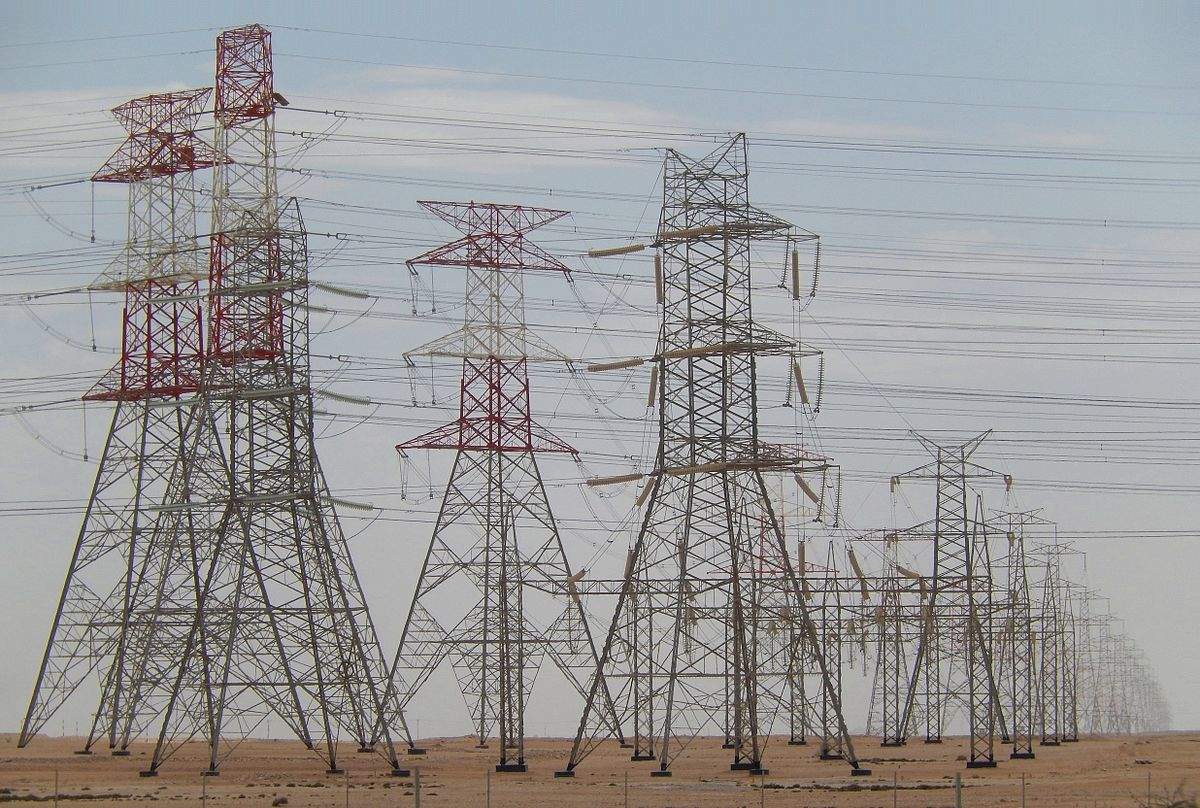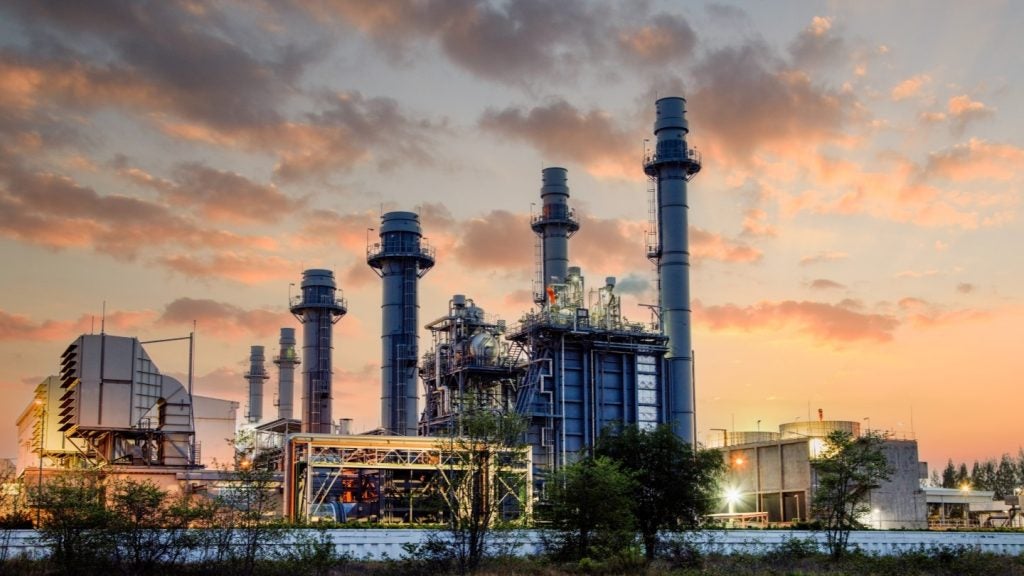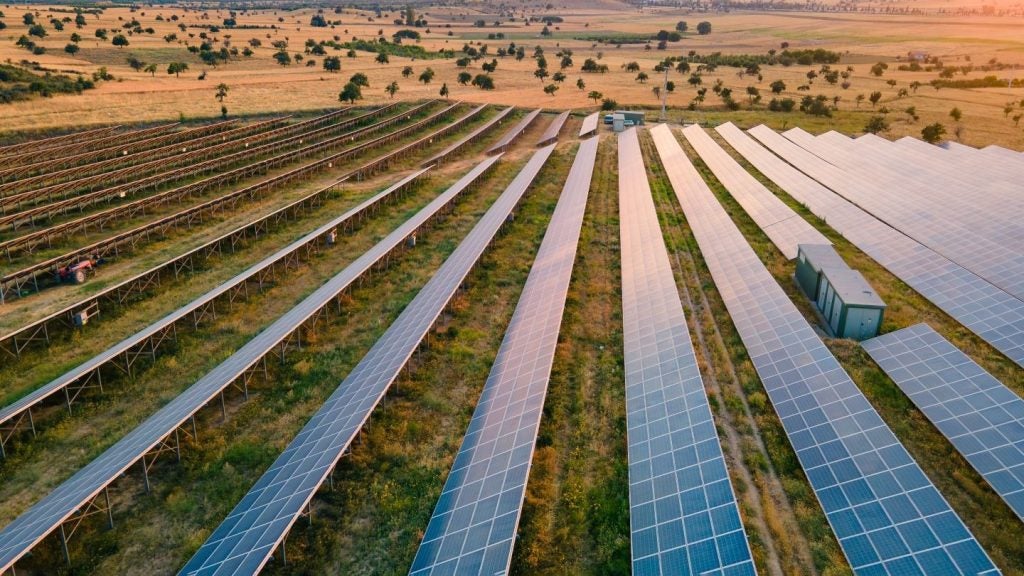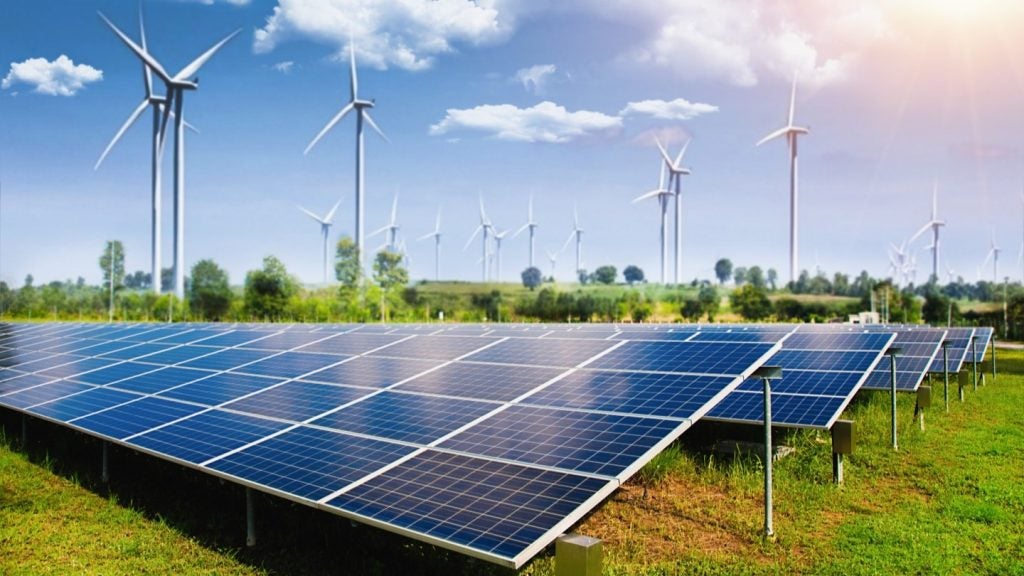
The Gulf’s power sector is going through a period of unprecedented transformation as governments seek to diversify their energy sectors and keep up with the rapid growth in demand for electricity.
A growing shift towards alternative energy sources for power generation and the gradual removal of energy and electricity subsidies are central pillars of ambitious economic reform programmes being undertaken across the region.
Underpinning the vast development plans is the drive to increase the role of the private sector in building infrastructure and providing services – responsibilities that have been under tight government control for decades.
While private developers have been installing power plants in selected markets across the GCC for a number of years, the region is now witnessing a wholesale move towards private investors installing generation capacity under various independent power producer (IPP) models. In tandem with this shift is the emergence of plans to privatise large swathes of electricity and water markets, measures aimed at reducing the growing strain on government budgets for the delivery of critical services.
The primary challenge facing GCC governments is meeting the rapidly growing demand for power. MEED estimates that an additional 66GW of power generation capacity will be required by 2025 to meet GCC energy requirements. According to MEED projects data, $140bn worth of power generation projects are at the planning and tendering stages, with all but $5bn of these slated to be installed by the private sector.
The primary goal behind seeking private developers to build power plants is the aim to remove onerous capital expenditure from government balance sheets.
How well do you really know your competitors?
Access the most comprehensive Company Profiles on the market, powered by GlobalData. Save hours of research. Gain competitive edge.

Thank you!
Your download email will arrive shortly
Not ready to buy yet? Download a free sample
We are confident about the unique quality of our Company Profiles. However, we want you to make the most beneficial decision for your business, so we offer a free sample that you can download by submitting the below form
By GlobalData“The need to reduce public expenditure on capital intensive projects has been accelerated by lower oil revenues. Governments have realised that the private sector can develop power plants, while state budgets can be diverted into other areas where state funding is vital,” says a senior source at major regional bank. “The utilities sector is the easiest place to start, with very well established models and a strong investment base – these plans are ready to be launched.”
Sharing the burden
Under the various IPP models, from build-own-operate to build-operate-transfer, private firms already finance the construction of multibillion-dollar utilities plants and receive monthly tariff payments over periods of 20-25 years.
In addition to removing the burden of significant capital and operational costs, increasing the participation of the private sector can assist with the region’s wider economic reforms. “The private sector is able to deliver services more efficiently and for a lower cost, and generate sustainable jobs for local people,” says a partner at a senior financial services firm.
Historically, GCC states have used the public sector to meet socioeconomic targets such as employment and redistribution of hydrocarbon revenues. However, growing populations and declining oil revenues have resulted in significant declines in fiscal accounts to invest in human capital.
Measures to reduce bloated public sector wages have proved unpopular – as illustrated by Saudi Arabia’s reversal of the decision to freeze public bonuses in 2017 – and have instead accelerated the move to increase private sector employment.
Riyadh’s target of increasing the private sector from 40 to 65 per cent of GDP in its 2030 reform programme is envisaged to play a key role in reducing public sector wages from 45 to 40 per cent of public spending and cutting unemployment from 12 to 7 per cent over this period.
Adaptive market
For the switch to privately funded projects to succeed, support from local and international lenders is paramount. While regional and international banks continue to support long-term privately financed utilities projects, the move to reduce risk and cut back on long-term project financing arrangements since the 2008 financial crisis is reflected in the changing scope of regional utilities projects.
“There is far more limited appetite from international and regional banks,” says a regional banker. “It is a much more specific market and projects are being scaled where there is liquidity. That is the reason most of the projects are 500MW up to 1GW, not the 5GW projects that we have seen previously. Banks are prepared to give ticket sizes of $100–150m, when they might have given $250–300m in the past. We are seeing smaller projects, more renewable energy projects, just more of them.”
Changing roles
In addition to harnessing public-private partnership models for delivering new projects, some of the region’s largest utilities are seeking to sell off existing generation assets to private investors. The move is part of wider plans for governments to focus on legislation and regulation, and delegate service provision to the private sector.
Saudi Arabia, the GCC’s largest electricity and desalination market, has set targets to privatise existing power and water plants in its 2030 reform programme.
While plans to unbundle state power provider Saudi Electricity Company and government-owned desalination and power company Saline Water Conversion Corporation were launched in 2007 and 2008 respectively, the initiatives have been given fresh urgency since the launch of Vision 2030.
Privatisation plans
The recently launched 2020 Privatisation Road Map prioritises the sale of the Ras al-Khair power and water cogeneration plant. This transaction is expected to bring the government proceeds of $7bn while removing the burden of operating and maintaining the plant.
Kuwait has also approached consultants to examine the possibility of privatising existing power generation assets, and in late 2017 Oman released details of its plans to develop a wholesale spot pricing electricity market.
“Privatisation goes hand in hand with unbundling and the organisation of lots of IPPs,” says Richard Paton, regional partner of German consultant Roland Berger.
“The great thing about existing assets [for potential investors] is that they see the risks, can see the yield and income from offtake agreements, and know that the assets can probably be improved to increase profitability.”
According to the partner at the financial services firm, properly structured deals will find no shortage of interest from regional and international investors.
“There will be appetite if the deals are structured to international standards, and the assets are in an investable shape, but this is what investors have to see. If the process is transparent and efficient, there will be great interest.”
Subsidies and tariffs
While transparent sale processes and well-structured deals will help, the politically sensitive process of removing subsidies and reforming tariffs for energy and utilities is imperative if the region’s privatisation programmes are to succeed.
According to research from Booz & Co, GCC governments spent $30bn on electricity subsidies in 2016. When added to energy subsidies for plant feedstock and water, the cost of state support for the utilities sector is putting enormous strain on government accounts.
For the long-term goal of privatisation to materialise, feedstock and electricity must be bought and sold for the real cost of production and transmission.
“For any privatisation or spot electricity market to work, subsidies need to be removed,” says a source at a major regional bank. “Only then will assets be commercially viable for investors.”
In order to address the subsidy issue, Saudi Arabia revealed in its 2020 National Transformation Plan (the delivery roadmap for the first phase of Vision 2030), that it is aiming to reduce water and electricity subsidies by SR200bn ($53bn).
By this time, it is intended that all residents will pay the full value of water. Moreover, neighbouring Kuwait announced in 2016 it would be significantly increasing electricity and water tariffs the following year.
Difficult path
However, implementing subsidy reform is a difficult task. Following the launch of plans for subsidy reforms in 2015, Saudi Arabia sacked Electricity Minister Abdullah al-Hussayen over public anger about price hikes. Earlier this year, Riyadh launched the Citizens Fund to provide financial assistance to low- to middle-income citizens to ease the increases in utilities prices and the implementation of taxes.
Following similar public uproar in Kuwait, the government delayed its implementation of utility price increases and promised to reduce targets for subsidy reduction.
Under pressure to reform economies and create jobs for local citizens, the utilities sector is the ideal place to start for governments to remove the burden of heavy capital expenditure and service provision in order to redirect attention to areas where state support is more vital.
With the decision to pass the mantle to private sector to deliver power having been made, it is now up to governments and utilities to ensure that it can create the necessary environment to secure the private partnerships and investment they desire.
By Andrew Roscoe, MEED Energy Editor
Read MEED’s report on Middle East power sector privatisation
This article is sourced from Power Technology sister publication www.meed.com, a leading source of high-value business intelligence and economic analysis about the Middle East and North Africa. To access more MEED content register for the 30-day Free Guest User Programme. https://www.meed.com/registration/








Related Company Profiles
GCC
MEED
Ipp Sp. Z O.O.
Saudi Electricity Co
Power Technology Inc